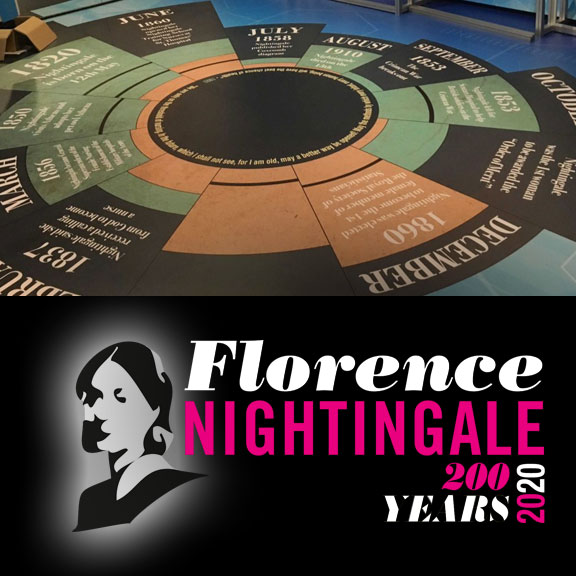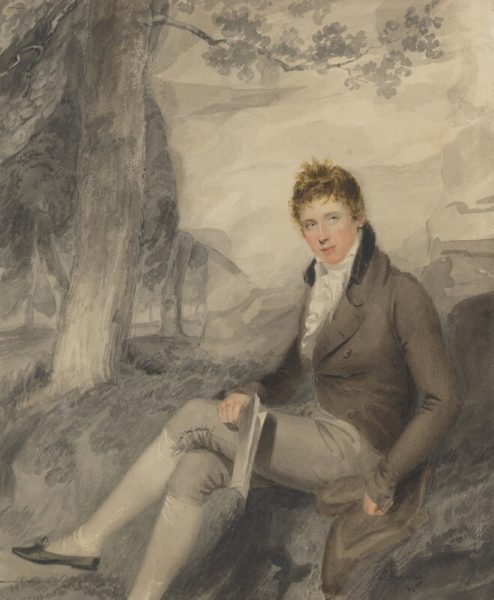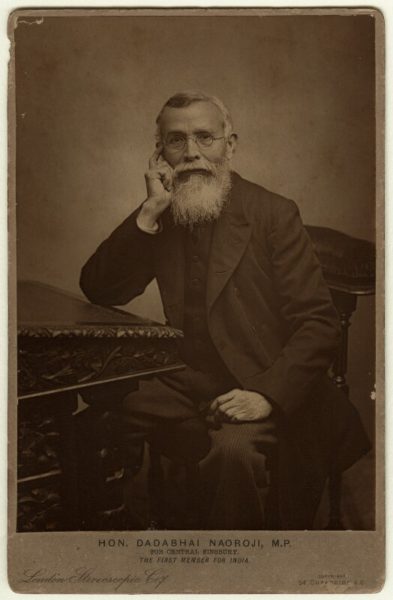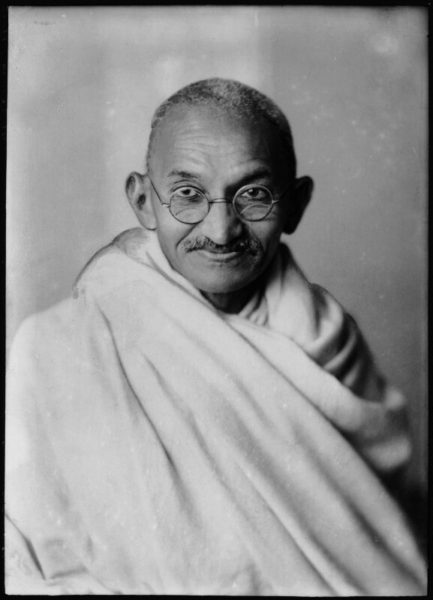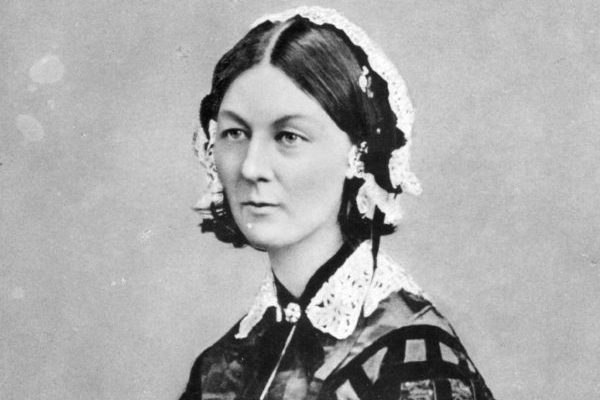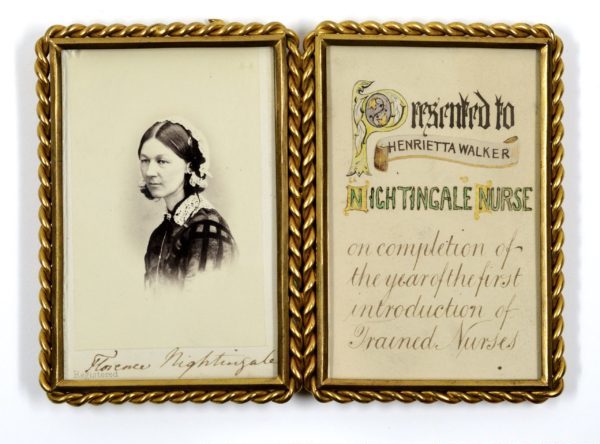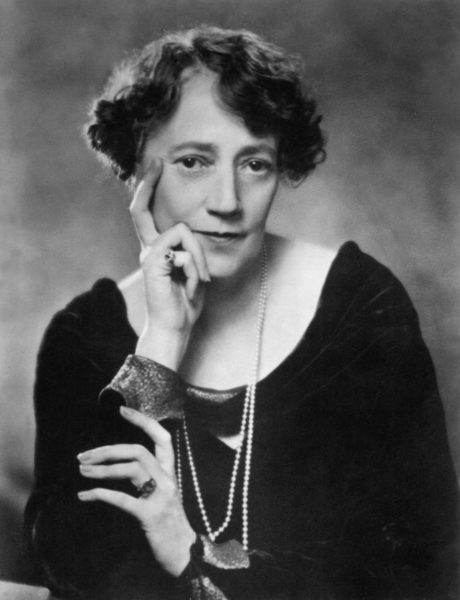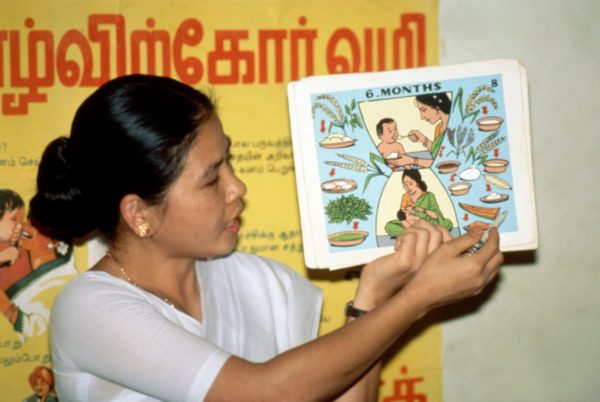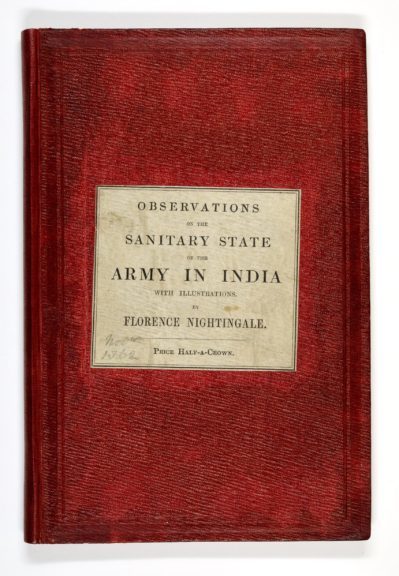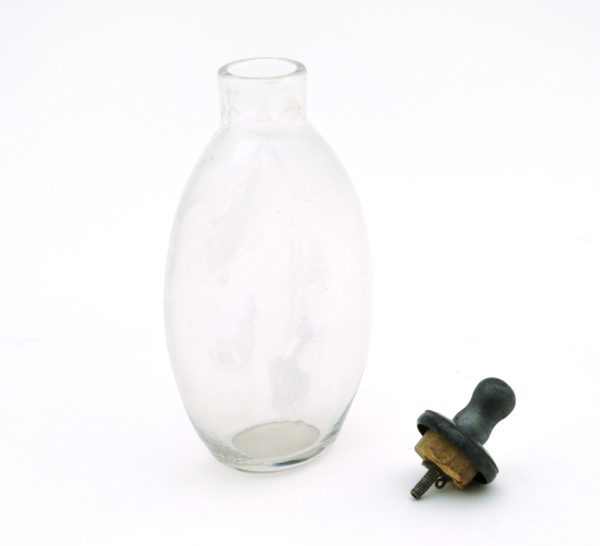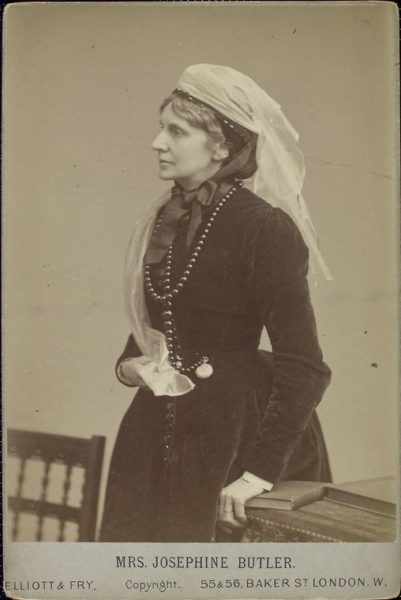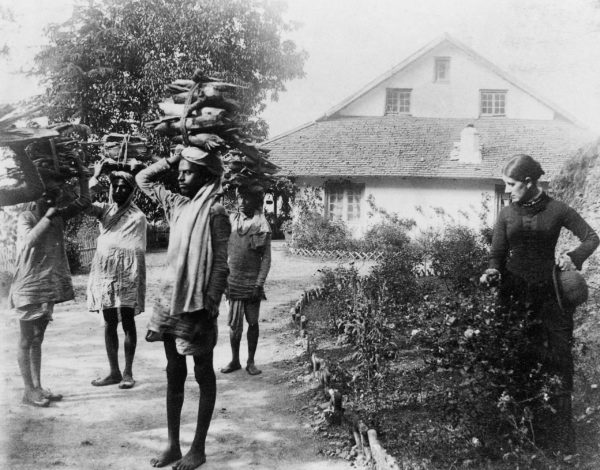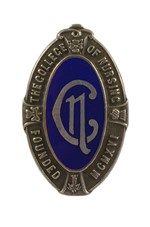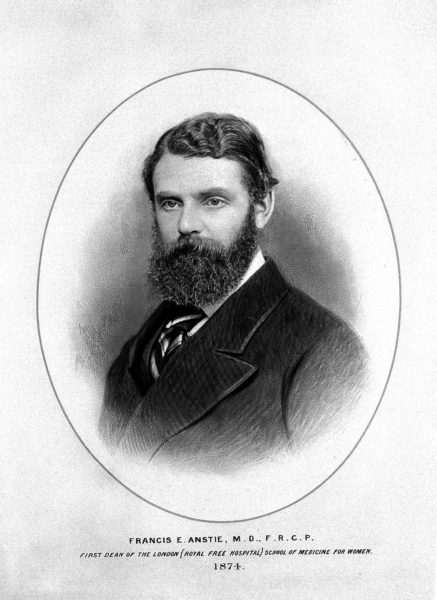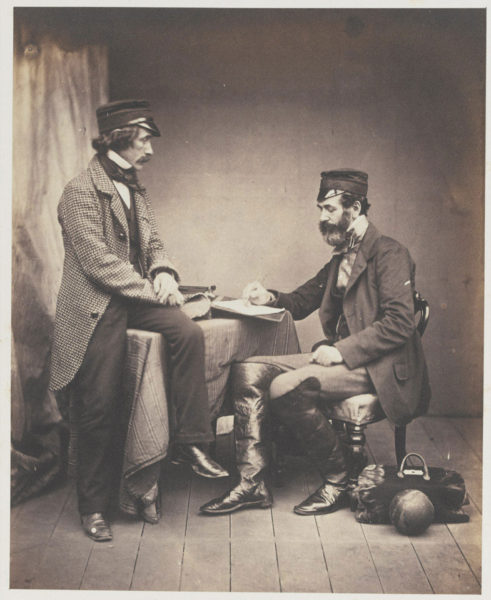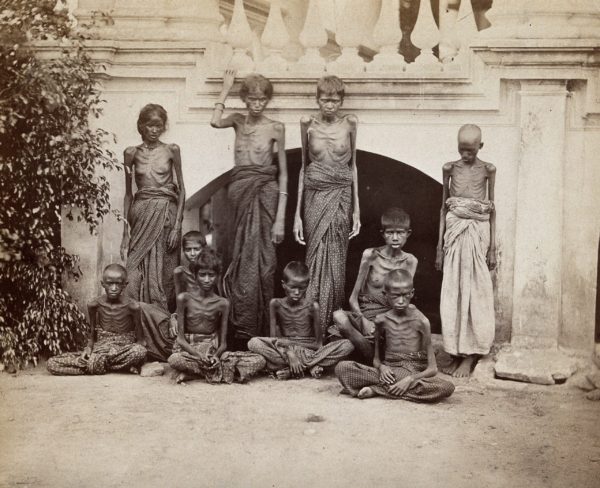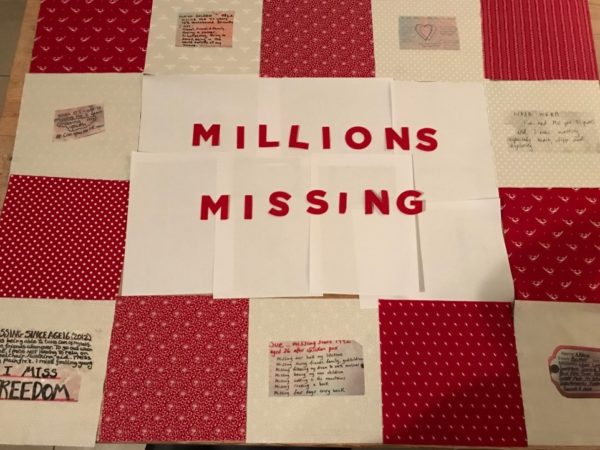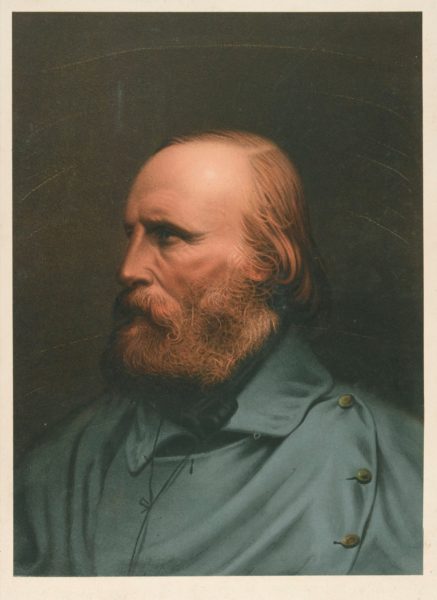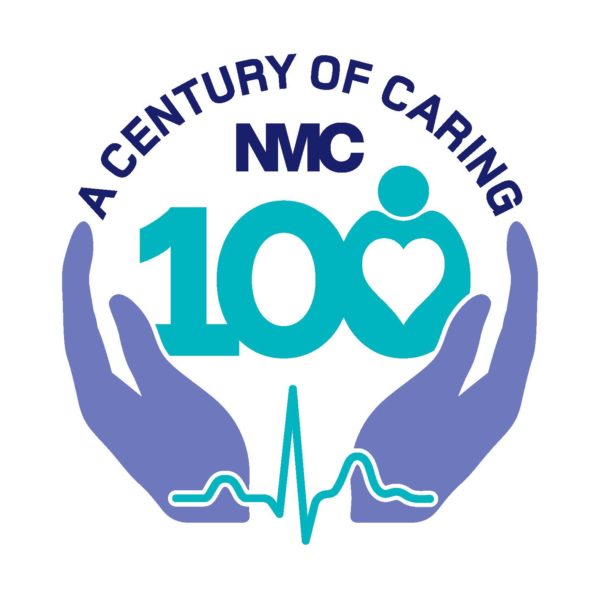Pioneer and Campaigner
The Metropolitan Poor Bill, 1867
Display No. 63
The Metropolitan Poor Bill 1867 marked the first acknowledgement in English law that the state had a responsibility to provide hospitals for the poor, and an important first step towards the emergence of the National Health Service 80 years later.
As well as workhouse infirmaries, the Bill also provided for the establishment of asylums for the sick and poor, such as Poplar and Stepney Sick Asylum shown here. Nightingale campaigned for improvements to the Metropolitan Poor Bill, including a centralised administration system, and for workhouse nurses to be paid “the market price for their labour”.
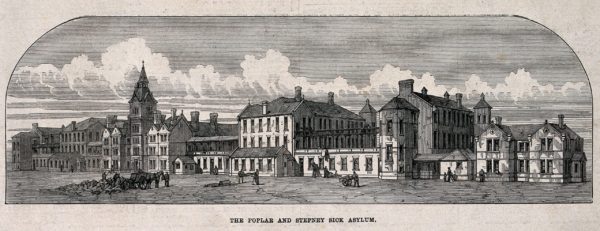
The Poplar and Stepney Sick Asylum, Bromley-by-Bow: the street facade. Wood engraving, (c.1870?). Credit: Wellcome Collection. CC BY 4.0
Exhibits from ‘Pioneer and Campaigner’
Discover the 200 Exhibits
Nightingale is respected worldwide for her pioneering role in developing the nursing profession, her statistical work, and her evidence-based approach to healthcare. In honour of her bicentenary the World Health Organisation have named 2020 the Year of the Nurse and Midwife.
In our special exhibition, you will find out about objects, people and places which tell interesting stories about Florence’s life and legacy. You’ll discover artefacts from her life, people she both inspired and challenged, and places she helped to shape. There’s many more insights too!
Please click on the different sections of her famous coxcomb diagram to explore various aspects of her life and legacy. We hope you enjoy exploring!

